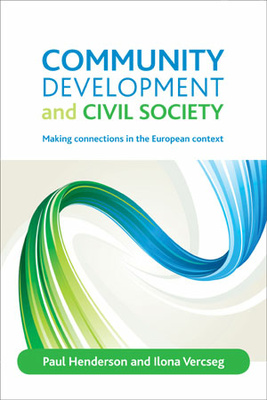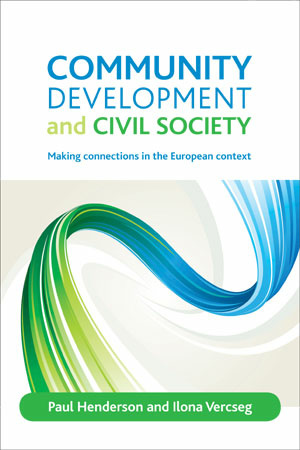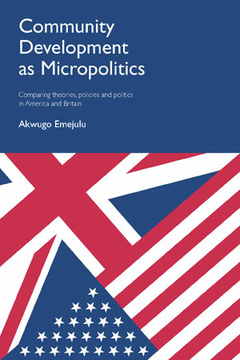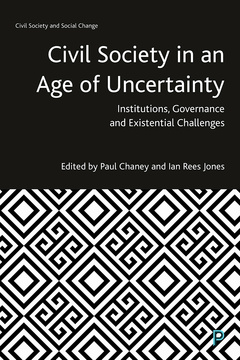Community development and civil society
Making connections in the European context
By Paul Henderson and Ilona Vercseg
Published
Jun 30, 2010Page count
224 pagesISBN
978-1861349699Dimensions
234 x 156 mmImprint
Policy PressPublished
Jun 30, 2010Page count
224 pagesISBN
978-1861349705Dimensions
234 x 156 mmImprint
Policy PressTo what extent are the ideas and practice of community development across Europe similar? Community Development and Civil Society explores this question with special reference to the UK and Hungary and shows how community development connects powerfully with civil society, a concept that today has global significance.
Paul Henderson and Ilona Vercseg argue that community development is both a profession and a social movement and is relevant to a wide range of issues.They interweave case studies with discussion of principles and theory.The book's critical and accessible approach will appeal especially to students and practitioners.
"An important resource for those concerned with community development and with strengthening civil societies' independent roles, across Europe, more generally - with detailed case study materials from Britain and Hungary, more particularly. It will be essential reading for policy makers and a wide range of professionals." Marjorie Mayo, Goldsmiths College, University of London
Paul Henderson has been involved in community development for over 30 years, most recently with the Community Development Foundation. He has written about community development in both the UK and the rest of Europe.
Ilona Vercseg is Honorary President of the Hungarian Association for Community Development, and a University Lecturer and Senior Trainer with the Civil College Foundation. She undertakes experimental research and analysis, teaches community development and builds international contacts.
Foreword ~ Attila Gergely; Introduction; Civil society; Community development; Socialisation; Economic wealth; Social participation; Social control; Mutual support and solidarity; Potential of community development; Learning and support; Conclusions.












